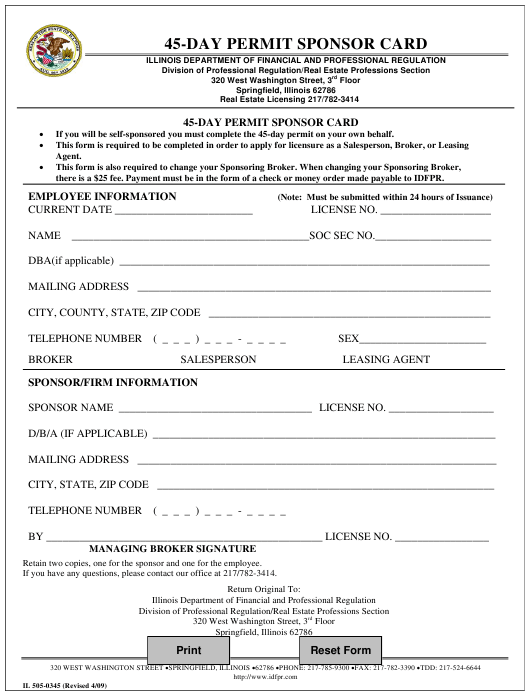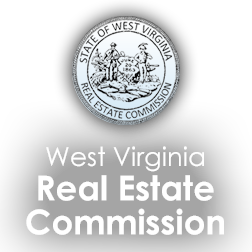
New York law allows for a split of a typical commission in real estate. This means that the buyer's and listing agents earn 3% each, respectively. Sometimes, there is no buyer's brokerage and the listing agents collect the full commission of 6%. Agents are responsible for selling over 95% NYC listings. The seller typically signs a contract with the listing agent to sell the property.
Flat fee
New York's real estate market is different from other areas of the country. On listings you may see "No Fee", "No Brokers Fee" or "No Fee Listings". However, if your apartment is rented, you will need pay the real estate agent between 8% and 15% of your annual rent. New York's average commission rate for realtors is 12%. Saving thousands of dollars can be achieved by avoiding paying commissions.

Buying or selling a home? The commission is usually paid by the seller at the closing. However, if you're selling your home "For Sale by Owner," you'll pay no commission. You will still pay a flat fee to get your listing listed on the local MLS, just like all the others. This flat fee listing will include information about the seller as well as show instructions.
Brokerage fees
The Consumer Federation of America released an analysis of the real estate commission rates in New York City. This report showed huge variations in commission rates across different areas. The average buyer agent rate was 1% in Brooklyn and 3% in Manhattan. This disparity in total compensation was further magnified by the fact that Manhattan homes were more expensive than Brooklyn.
New York realty agents charge fees which can be negotiated. Although the standard fee charged by brokers is 15%, sellers and buyers are often willing to pay less. Brokers will consider a lower fee for those who are fast and have the necessary paperwork. Brokers must determine the amount of competition in the area.
Dual agency
Dual agency is a legal arrangement in real estate in which a real estate agent works for both the buyer and seller. Dual agency is a legal arrangement in real estate that has pros and con for both the seller and buyer. This arrangement can help speed up the transaction by solving questions quicker. Buyers and sellers who have a good deal of experience can benefit from this arrangement.

Dual agency has the advantage of reducing the overall transaction cost. Oftentimes, a dual agency arrangement results in a savings of about one to two percent on the commission. This arrangement can give both parties more negotiation power.
FAQ
Is it better for me to rent or buy?
Renting is generally less expensive than buying a home. But, it's important to understand that you'll have to pay for additional expenses like utilities, repairs, and maintenance. Buying a home has its advantages too. For example, you have more control over how your life is run.
Do I need a mortgage broker?
A mortgage broker is a good choice if you're looking for a low rate. A broker works with multiple lenders to negotiate your behalf. Some brokers earn a commission from the lender. Before you sign up, be sure to review all fees associated.
How can I find out if my house sells for a fair price?
Your home may not be priced correctly if your asking price is too low. If your asking price is significantly below the market value, there might not be enough interest. Our free Home Value Report will provide you with information about current market conditions.
Statistics
- Some experts hypothesize that rates will hit five percent by the second half of 2018, but there has been no official confirmation one way or the other. (fortunebuilders.com)
- This seems to be a more popular trend as the U.S. Census Bureau reports the homeownership rate was around 65% last year. (fortunebuilders.com)
- Based on your credit scores and other financial details, your lender offers you a 3.5% interest rate on loan. (investopedia.com)
- When it came to buying a home in 2015, experts predicted that mortgage rates would surpass five percent, yet interest rates remained below four percent. (fortunebuilders.com)
- Private mortgage insurance may be required for conventional loans when the borrower puts less than 20% down.4 FHA loans are mortgage loans issued by private lenders and backed by the federal government. (investopedia.com)
External Links
How To
How to Manage a Rent Property
You can rent out your home to make extra cash, but you need to be careful. We will show you how to manage a rental home, and what you should consider before you rent it.
If you're considering renting out your home, here's everything you need to know to start.
-
What is the first thing I should do? Take a look at your financial situation before you decide whether you want to rent your house. If you have debts, such as credit card bills or mortgage payments, you may not be able to afford to pay someone else to live in your home while you're away. Your budget should be reviewed - you may not have enough money to cover your monthly expenses like rent, utilities, insurance, and so on. This might be a waste of money.
-
How much will it cost to rent my house? The cost of renting your home depends on many factors. These factors include location, size, condition, features, season, and so forth. You should remember that prices are subject to change depending on where they live. Therefore, you won't get the same rate for every place. Rightmove estimates that the market average for renting a 1-bedroom flat in London costs around PS1,400 per monthly. This would translate into a total of PS2,800 per calendar year if you rented your entire home. Although this is quite a high income, you can probably make a lot more if you rent out a smaller portion of your home.
-
Is it worth it. Although there are always risks involved in doing something new, if you can make extra money, why not? Be sure to fully understand what you are signing before you sign anything. Renting your home won't just mean spending more time away from your family; you'll also need to keep up with maintenance costs, pay for repairs and keep the place clean. Before you sign up, make sure to thoroughly consider all of these points.
-
Are there any advantages? There are benefits to renting your home. There are plenty of reasons to rent out your home: you could use the money to pay off debt, invest in a holiday, save for a rainy day, or simply enjoy having a break from your everyday life. No matter what your choice, renting is likely to be more rewarding than working every single day. If you plan well, renting could become a full-time occupation.
-
How do I find tenants? After you have decided to rent your property, you will need to properly advertise it. Make sure to list your property online via websites such as Rightmove. You will need to interview potential tenants once they contact you. This will help you evaluate their suitability as well as ensure that they are financially secure enough to live in your home.
-
How can I make sure I'm covered? If you're worried about leaving your home empty, you'll need to ensure you're fully protected against damage, theft, or fire. In order to protect your home, you will need to either insure it through your landlord or directly with an insured. Your landlord will usually require you to add them as additional insured, which means they'll cover damages caused to your property when you're present. However, this doesn't apply if you're living abroad or if your landlord isn't registered with UK insurers. You will need to register with an International Insurer in this instance.
-
Even if your job is outside the home, you might feel you cannot afford to spend too much time looking for tenants. Your property should be advertised with professionalism. Post ads online and create a professional-looking site. You'll also need to prepare a thorough application form and provide references. Some prefer to do it all themselves. Others hire agents to help with the paperwork. In either case, be prepared to answer any questions that may arise during interviews.
-
What do I do when I find my tenant. If you have a current lease in place you'll need inform your tenant about changes, such moving dates. If you don't have a lease, you can negotiate length of stay, deposit, or other details. Keep in mind that you will still be responsible for paying utilities and other costs once your tenancy ends.
-
How do I collect rent? When it comes to collecting the rent, you will need to confirm that the tenant has made their payments. You'll need remind them about their obligations if they have not. You can deduct any outstanding payments from future rents before sending them a final bill. If you are having difficulty finding your tenant, you can always contact the police. They will not normally expel someone unless there has been a breach of contract. However, they can issue warrants if necessary.
-
What can I do to avoid problems? While renting out your home can be lucrative, it's important to keep yourself safe. Consider installing security cameras and smoke alarms. Make sure your neighbors have given you permission to leave your property unlocked overnight and that you have enough insurance. You must also make sure that strangers are not allowed to enter your house, even when they claim they're moving in the next door.